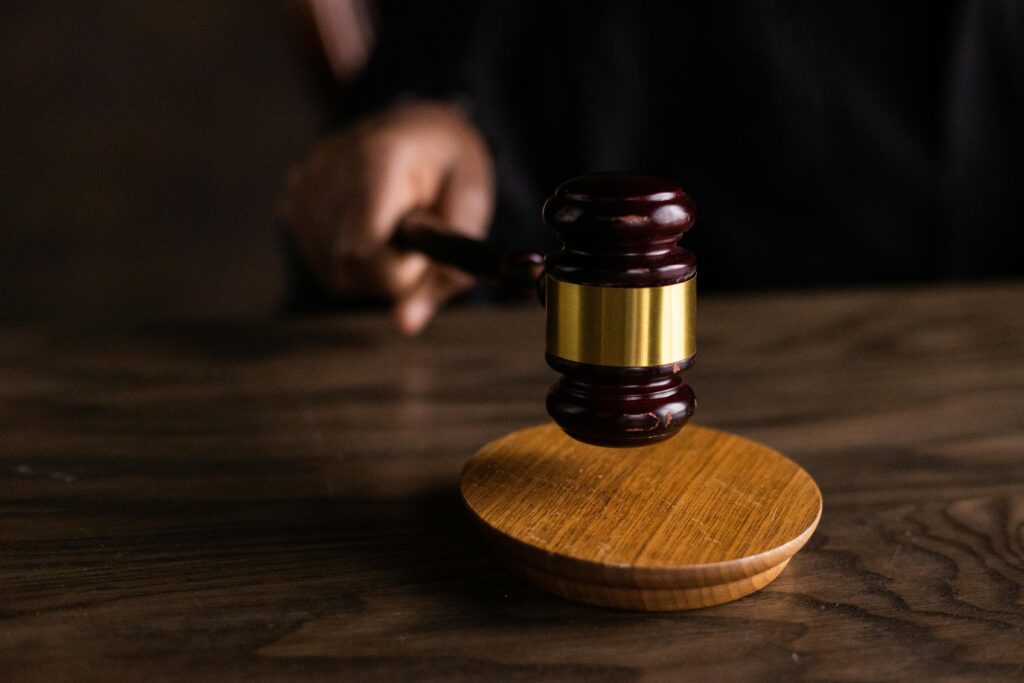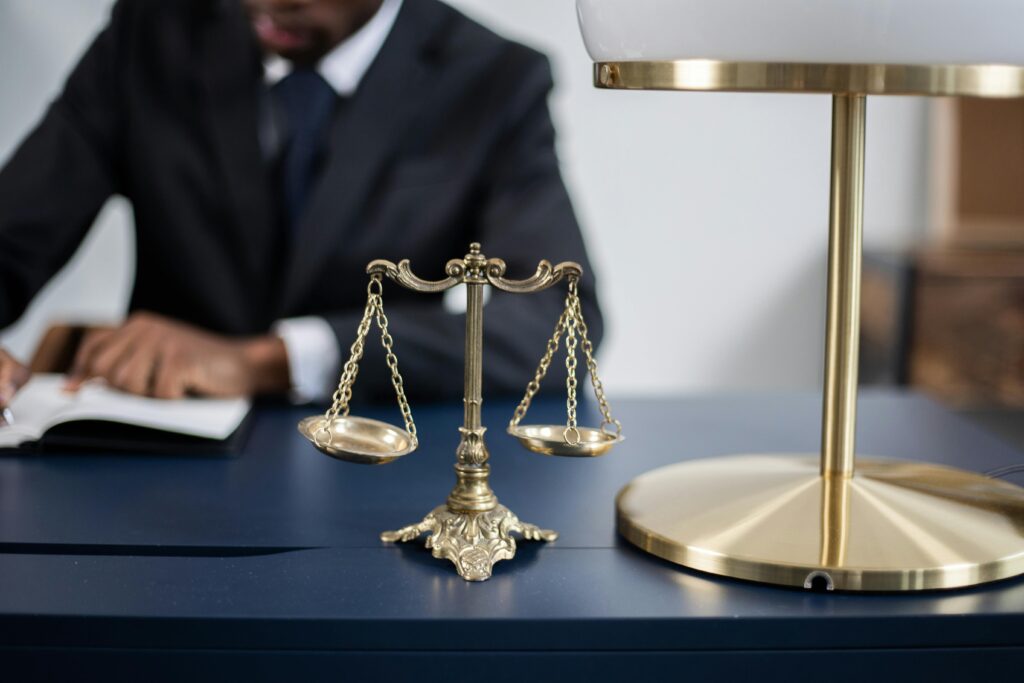Directors’ Liability in Limited Liability Companies (LLCs) under Qatari Law

In Qatar, limited liability companies (LLCs) offer directors and shareholders protection from personal liability for the company’s debts under normal circumstances. However, this limited liability is not absolute. Qatari law imposes serious obligations on LLC directors (also often called managers) and outlines specific situations where they can be held personally accountable. This article examines the principle of limited liability in Qatar, the civil and criminal liabilities of directors, exceptions to liability protection, and best practices for LLC directors to avoid personal exposure.
In Qatar’s corporate law framework, an LLC is treated as a separate legal entity. The Commercial Companies Law No. 11 of 2015 confirms that shareholders in a limited liability company are only liable up to the value of their shares in the company’s capital. This principle of limited liability means that the company’s obligations and debts are generally its own – creditors cannot normally pursue the personal assets of the shareholders or directors for the company’s liabilities. The intent is to encourage investment by ensuring that risks are confined to the business’s assets.
The legal basis for this protection is rooted in Qatar’s statutes. The Commercial Companies Law explicitly provides that an LLC’s members and managers are not personally responsible for company debts beyond their contributions. Likewise, the general provisions of the Civil Code No. 22 of 2004 uphold the separate legal personality of companies, meaning the company alone is usually responsible for its obligations. This protective bubble allows directors and managers to carry out business in the state of Qatar with confidence that, if they follow the law and act in good faith, their personal assets are shielded from the company’s creditors.


When Directors Can Be Personally Liable
While the principle of limited liability is fundamental, Qatari law sets out clear exceptions where directors (managers) of an LLC can face personal liability. The law recognizes that directors occupy a position of trust and responsibility. Thus, if a director abuses this position or violates the law, the shield of limited liability can be lifted in specific cases as follows:
Breach of Duties and Misconduct:
Under Article 113 of the Commercial Companies Law (No. 11 of 2015), the chairman and board members of a company are jointly liable to compensate the company, its shareholders, and third parties for harm resulting from certain wrongful acts. By virtue of Article 244 of the same law, this rule applies equally to LLC managers. In practice, this means an LLC’s director can be held personally responsible for losses caused by their fraudulent acts, abuse of authority, violation of the law or the company’s articles of association, or gross negligence and mismanagement. Notably, Qatar’s courts for instance, court of cassation judgement no 154/2019 have emphasized that this liability is of a mandatory nature – an LLC cannot waive or limit a director’s liability for such acts through its contract or internal agreements, as doing so would violate public policy. In other words, if a director in Qatar engages in willful misconduct or gross neglect of their duties, they can be sued for damages despite the general rule of limited liability.
Statutory Violations:
Qatari legislation also spells out specific managerial obligations, the breach of which can trigger personal liability. For example, Article 229 of the Commercial Companies Law requires that the company’s name always be followed by the phrase “Limited Liability Company” (or “LLC”) on official documents. If directors fail to include this and thus mislead others about the company’s limited liability status, the law holds those directors jointly and severally liable for the company’s obligations in that context. This means creditors could claim directly against the directors in such a case. Similarly, the law mandates proper company registration and observance of corporate formalities; for instance, Article 236 requires accurate registration of the company’s details, and a manager who neglects this duty could face liability. Directors are also obliged to convene annual general meetings of partners (shareholders) and report financial results – Article 250 of the Commercial Companies Law makes the failure to call required meetings a breach that can attract liability.
Financial Distress and Capital Losses:
Qatar’s company law imposes duties on directors when a company’s financial position deteriorates. If an LLC’s losses reach half of its share capital, the director is legally required to call an extraordinary general meeting of the partners to discuss whether to recapitalize or dissolve the company. Under the Qatari Commercial Companies Law (in provisions analogous to Article 298 for LLCs), failing to promptly call this meeting and address the capital erosion can expose the director to personal liability. In such a scenario, creditors or shareholders could argue that the director’s inaction worsened the company’s insolvency, and Qatari courts may hold the director accountable for the resultant damages. The underlying aim is to prevent directors from simply allowing a company to continue trading in deep losses without notifying owners and considering solutions, as this could increase creditors’ losses unfairly.


Civil and Criminal Liability
Civil Liability of Directors:
When directors violate their duties or commit wrongful acts, they may face civil lawsuits and financial claims. A director’s civil liability can arise in several ways under Qatari law:
Liability to the Company and Shareholders:
The company itself, or its shareholders can sue a director to recover losses the company suffered due to the director’s misconduct or negligence. For instance, if a manager engages in self-dealing, fraud, or gross mismanagement that causes the company financial harm, the director may be ordered by a court to compensate the company for those losses.
Liability to Third Parties:
Directors can also be liable to third parties (such as creditors or business partners) if their actions cause direct harm or if they act outside the scope of their authority. Under general tort principles in the Civil Code (No. 22 of 2004), anyone (including a company director) who commits a harmful act through fault may be obliged to compensate the injured party. For example, if a director knowingly provides false information to a creditor or commits a fraudulent transaction, an injured creditor could pursue the director personally through a liability lawsuit in the Qatari courts.
Joint Liability with the Company:
In certain cases, the law makes the director and company jointly liable for specific obligations. As noted, failing to indicate the LLC status in the company name (Article 229) or not properly maintaining corporate formalities can render a director personally liable alongside the company. This effectively pierces the corporate veil for those specific breaches, meaning the director’s assets might be used to satisfy those particular debts or judgments.
Importantly, Qatari law provides a significant protection for directors who act in good faith and exercise due diligence. The statutes and court decisions imply that if a director can demonstrate that they acted responsibly, with reasonable care, and in the company’s best interests, they may avoid personal liability even if the company ultimately incurs losses. However, the burden of proof may lie with the director to show they fulfilled their duties diligently.


Criminal Liability of Directors:
In addition to civil liability, directors in Qatar can face criminal consequences for certain misconduct, particularly in situations of insolvency or fraud. The Trade Law No. 27 of 2006 (Qatar Commercial Code) contains provisions aimed at preventing fraudulent or reckless behavior by company managers in the event of bankruptcy. For example, if an LLC is declared bankrupt by a final court judgment, the court and bankruptcy trustee will scrutinize the conduct of the company’s directors leading up to the bankruptcy. Under the Commercial Code – for instance, the provisions of Article 837 and 838 – a director may be held criminally liable for fraudulent bankruptcy if they have engaged in wrongful acts such as:
- Concealing or falsifying the company’s financial records, making it difficult to ascertain the true financial position of the LLC.
- Withholding required information from the court or the appointed bankruptcy trustee (receiver), or providing false statements regarding the company’s affairs.
- Preferential treatment of certain creditors over others, such as secretly paying or securing one creditor to the detriment of the rest.
- Squandering company assets or selling assets at undervalued prices to delay bankruptcy or hide assets from creditors.
- Using the company’s funds for personal or non-business purposes in a manner that precipitates insolvency.
- Such actions can constitute criminal offenses under Qatari law. If convicted of fraudulent bankruptcy or related crimes, a director could face penalties including fines and imprisonment, separate from any civil liability for damages.
- This rule incentivizes directors of struggling companies in Qatar to act prudently, seek timely solutions, or even initiate proper bankruptcy proceedings, rather than letting the financial situation deteriorate to a point where creditors recover very little.
In summary, Qatar’s legal framework ensures that while honest directors are protected by limited liability, those who engage in unlawful or reckless conduct cannot hide behind the company to escape accountability. Both civil and criminal pathways exist to hold directors personally accountable in cases of serious misconduct.


Best Practices to Avoid Liability
To operate within Qatar’s legal boundaries and avoid personal exposure, directors of LLCs should follow best practices and governance standards. By taking prudent measures, managers can significantly reduce the risk of breaching their duties or facing lawsuits (or even criminal charges). Key practices include:
Understand and Comply with the Law:
Knowledge of Qatari commercial law is the first line of defense. Directors should familiarize themselves with the Commercial Companies Law, the Civil Code, and relevant provisions like Articles 113, 244, 229, and the bankruptcy-related rules. Staying updated on any legal amendments in Qatar ensures that managers know their obligations (such as holding required meetings, filing annual returns, maintaining proper accounts) and their potential personal liabilities.
Exercise Due Diligence and Good Faith:
Always make decisions with care, diligence, and loyalty to the company. Before taking significant actions, ensure you have informed yourself of the relevant facts and considered expert advice if necessary. Document important decisions and the rationale behind them. Acting in good faith and in the company’s best interest at all times is not only a fiduciary duty but also a crucial defense if your decisions are later questioned.
Maintain Proper Corporate Formalities:
Follow all corporate governance procedures scrupulously. Hold the required general meetings of partners/shareholders on time, especially the annual general meeting (AGM). If the company’s financial situation triggers legal obligations (for example, losses reaching half of capital), convene meetings of shareholders promptly to address the issue. Always include the phrase “Limited Liability Company (LLC)” in the company’s name on contracts, letterhead, and invoices to clearly indicate the company’s status. Proper record-keeping and timely filing with authorities (such as the commercial registry) are also essential steps to demonstrate compliance.


Transparent Financial Management:
Keep accurate financial books and records. Ensure that financial statements truly reflect the company’s condition. In the event of financial distress, do not attempt to hide liabilities or asset values. It is wise to engage qualified accountants and auditors to maintain transparency. By providing honest information to shareholders, creditors, and if necessary, to the courts, directors can avoid accusations of deceit or commercial bankruptcy fraud.
Avoid Conflicts of Interest and Misuse of Authority:
Refrain from using the company for personal gain at the expense of the business, and avoid any transactions where you have a personal interest unless they are properly disclosed and approved according to law. Misusing authority – such as signing contracts beyond your power or pursuing personal projects with company funds – is a quick route to personal liability. Implement internal controls and seek board or shareholder approvals where required. This not only protects the company but also provides evidence that you acted appropriately if any decision is later challenged.
Prepare for Insolvency Situations:
If the company is facing serious financial trouble or insolvency, take prompt action. Consult with legal and financial advisors in Qatar at an early stage. Consider restructuring, additional capital injection, or formal bankruptcy protection if needed, rather than continuing to incur debts. By addressing problems proactively and lawfully (for instance, filing for court protection when appropriate), directors can demonstrate that they acted responsibly. This can be crucial in defending against any later claim that they negligently deepened the company’s losses or defrauded creditors.
Seek Professional Advice and Training:
It is advisable for directors, especially those new to Qatari laws or to their role, to seek legal consultation and training on director responsibilities. Qatari commercial law has its nuances, and expert advice can help in understanding one’s duties under statutes like the Commercial Companies Law and the Civil Code. Many Qatar based law firms offer guidance on compliance and corporate governance—taking advantage of such resources can help directors avoid inadvertent mistakes that lead to liability.
By adhering to these best practices, LLC directors in Qatar can greatly minimize the risks of personal liability. The overarching theme is proactive compliance and good governance: a director who is diligent, transparent, and law-abiding sets a strong tone that not only protects their own interests but also contributes to the company’s stability and reputation. In Qatar’s growing business environment, understanding the boundaries of limited liability and acting within the law is essential. Ultimately, while Qatar’s laws provide a safety net of limited liability to encourage entrepreneurship, they also ensure that director accountability is maintained – penalizing misconduct and protecting stakeholders in the spirit of a fair and secure marketplace.

